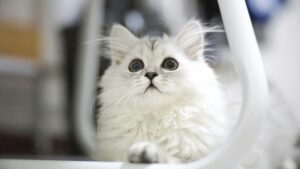
How To Craft A Cozy Cat Vest From Fabric Strips
Have you ever seen your feline friend lounging around and thought, “What could possibly make this picture more adorable?” The answer is simple: a cat
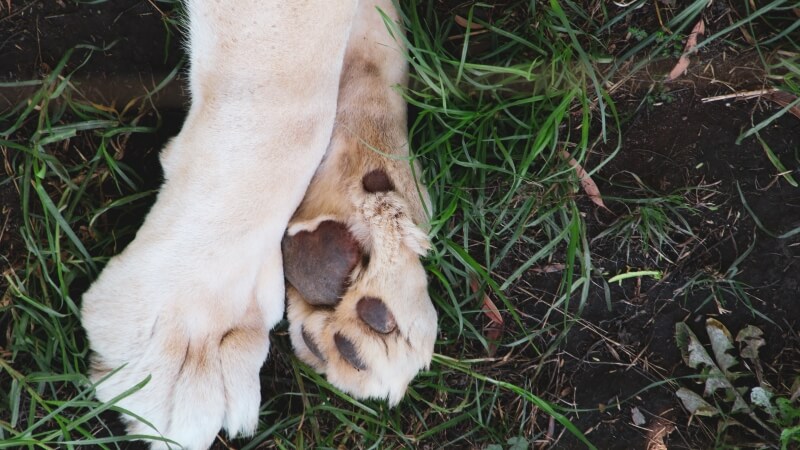
Have you ever witnessed your dog licking paws obsessively? Multiple factors might lead to this behavior. Dogs often lick or chew their paws due to various reasons including injuries, skin problems, environmental triggers, parasites, and dietary allergies.
Licking paws from time to time is a normal grooming habit for dogs, particularly after strolls or exposure to dirty or sandy environments.
However, excessive paw licking should prompt an investigation into potential causes such as the ones mentioned.
After our research, here are 7 reasons why dogs lick their paws:
Similar to how humans can have food allergies leading to an itchy throat, dogs can exhibit comparable reactions.
When they experience food allergies, dogs often feel a bothersome itch in their paws, prompting them to lick them. This behavior is a frequent indicator of dietary allergies in canines.
Common allergens in dog food include ingredients like dairy, grains, soy, and chicken. These can initiate allergic reactions, causing your furry friend to ‘relieve the itch’.
If your dog tends to lick its paws post-meal or after consuming certain foods, it’s essential to identify which foods are safe and non-allergenic for them.
When a dog persistently licks its paw, it can be a sign of pain management.
If your furry companion is focused on licking the same paw repeatedly, it might be dealing with some sort of discomfort, such as a bee sting, cut, insect bite, ingrown nail, or burn.
It’s advisable to inspect the pads and toes of your dog’s paw for any abnormalities, and address them using a pet first aid kit. Nonetheless, a visit to the vet for professional consultation is strongly recommended.
Throughout the day, amidst naps and playtime, your pet eagerly anticipates your return. Feelings of separation anxiety or dullness might cause your dog to lick its paws. This behavior often accompanies other actions like barking, digging, or chewing.
To alleviate their loneliness, consider leaving their favorite blanket or a squeaky toy to keep them engaged and divert their attention from excessive paw licking.
Ensuring that your canine companion enjoys a nutritious diet is crucial. Incorporating dog food seasoning enriched with multivitamins and minerals not only maintains their health but also keeps them content in your absence.
Often overlooked, dogs, like cats, engage in self-grooming. They frequently lick their legs, paws, and other body parts to clean off any dirt or debris accumulated during walks or in dirty environments.
A dog licking its paw shouldn’t always raise concern; its healthy and natural behavior indicates a desire for cleanliness. The only minor downside to this self-grooming is the specific smell it can give to your dog’s breath.
We recognize the value of self-grooming and believe our furry friends deserve a treat for their efforts.
Given that dogs are quadrupeds, it’s common for parasites and other small creatures to latch onto their paws. Pests like fleas, ticks, lice, and mites can cause skin irritation, prompting your dog to lick the affected area intensely.
Although these parasites often localize in one area, your dog’s licking could potentially spread the infestation. It’s important to thoroughly examine your dog’s coat for any signs of these unwanted guests.
Ensuring that your dog remains calm and still during these checks is essential for effective inspection and removal of any parasites.
One common cause for your dog’s persistent paw licking is itchy skin due to dryness. Such skin irritation is frequently the result of allergies to environmental elements.
Various plants, types of wood, and dust particles can provoke allergic responses in dogs. Other indicative symptoms, such as swollen eyes or a runny nose, are clear signs to look out for.
Remember, while there are various reasons your dog might be licking its paws, continual licking is a sign that immediate action is necessary.
Consulting a veterinarian to identify the root cause of this obsessive behavior is crucial. Delaying can be risky, as wounds or irritated spots can become infected.
The constant licking creates a moist environment in your dog’s paws, fostering bacterial or yeast infections. These issues can further exacerbate the paw licking, potentially leading to symptoms like swelling and redness.
Understanding the reasons behind your dog licking paws is key to addressing this behavior effectively.
From dietary sensitivities and discomfort or injury to environmental factors and skin irritation, there are a variety of causes that could lead to this habit.
By exploring these reasons, coupled with our eight practical solutions including behavioral training, medical intervention, and environmental enrichment, you can help alleviate your dog’s discomfort and prevent this behavior from becoming a chronic issue.
Remember, each dog is unique and may require a tailored approach for the best results.
Can seasonal changes influence my dog’s paw-licking habit?
Yes, seasonal changes can affect your dog’s behavior. For instance, the onset of spring might bring pollen that could aggravate allergies, leading to more paw licking. Similarly, winter’s dry air might cause dry skin, prompting similar behavior.
Is it normal for my dog to occasionally chew its paws?
Occasional paw chewing is often normal, especially as a part of self-grooming. However, if this behavior becomes frequent or obsessive, it could indicate an underlying issue that needs attention.
How can I distinguish between normal paw licking and a potential problem?
Normal paw licking is usually brief and infrequent. If your dog licks its paws excessively, to the point of causing redness, sores, or hair loss, it’s a sign that there might be a more serious issue.
Could my dog’s paw licking be a sign of boredom?
Yes, dogs often lick their paws out of boredom. Ensuring your dog has enough physical and mental stimulation throughout the day can help reduce boredom-induced paw licking.
How can harness training help reduce my dog’s paw licking?
Harness training can provide mental stimulation and a sense of purpose during walks, reducing the likelihood of boredom and anxiety-related behaviors like paw licking. A well-designed harness can also discourage pulling, making walks more enjoyable and less stressful for both you and your dog, which indirectly helps in managing such behaviors.


Have you ever seen your feline friend lounging around and thought, “What could possibly make this picture more adorable?” The answer is simple: a cat
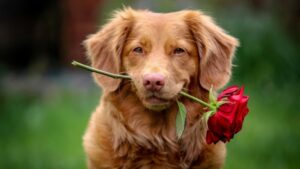
The moment you consider a dog hunting vest for your adventurous companion, you’re stepping into a world where safety meets functionality. This vest is not
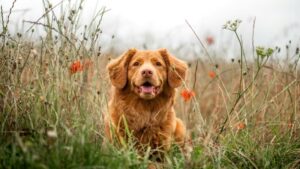
The concept of a dog cooling vest is a game-changer for pet owners looking to enhance their dog’s comfort during those relentless summer days. Imagine
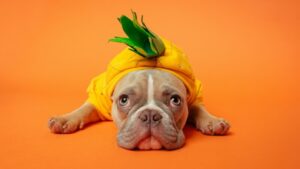
When you first consider crafting a tactical dog vest, it’s not just about embarking on a fun DIY project; it’s about ensuring your furry companion’s
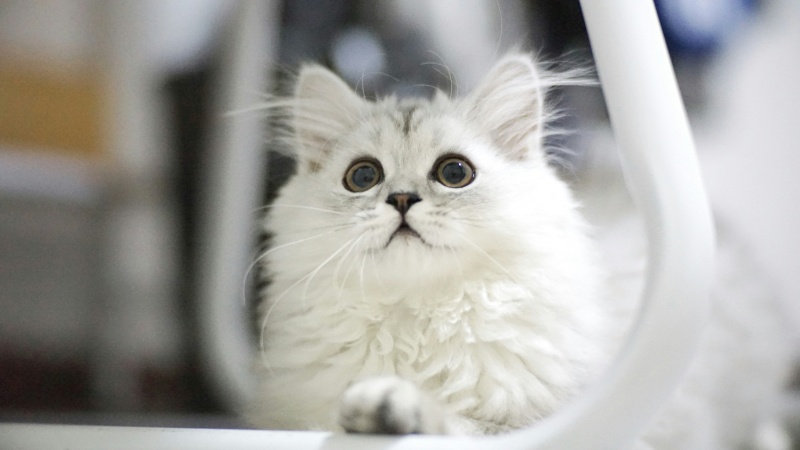
Have you ever seen your feline friend lounging around and thought, “What could possibly make this picture more adorable?” The answer is simple: a cat
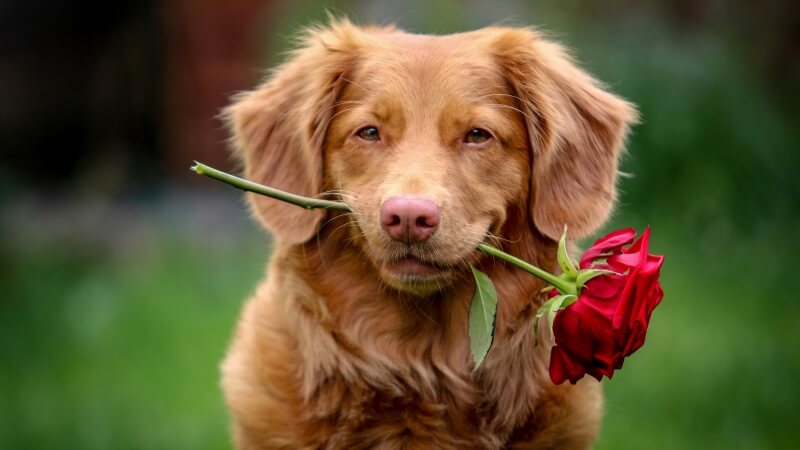
The moment you consider a dog hunting vest for your adventurous companion, you’re stepping into a world where safety meets functionality. This vest is not
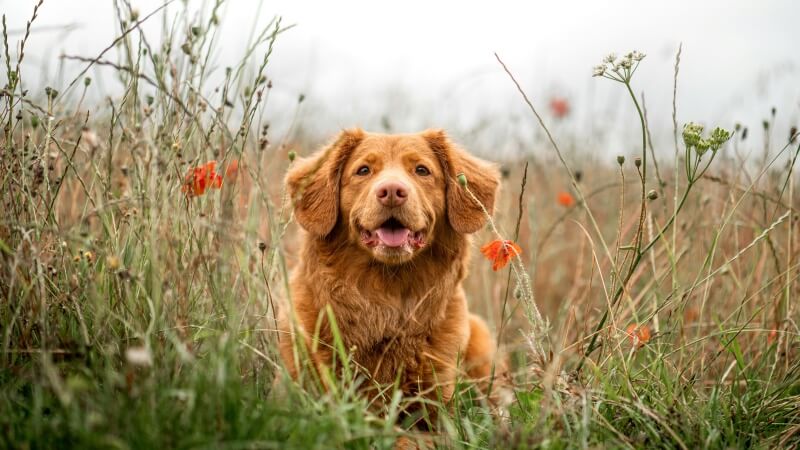
The concept of a dog cooling vest is a game-changer for pet owners looking to enhance their dog’s comfort during those relentless summer days. Imagine
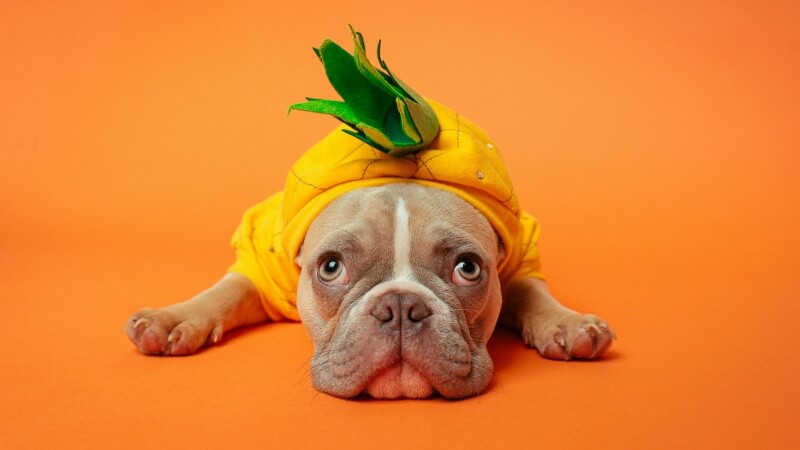
When you first consider crafting a tactical dog vest, it’s not just about embarking on a fun DIY project; it’s about ensuring your furry companion’s
Secure and Empower, Walk Responsibly
Copyright © 2024pettacticalharness. All Rights Reserved.